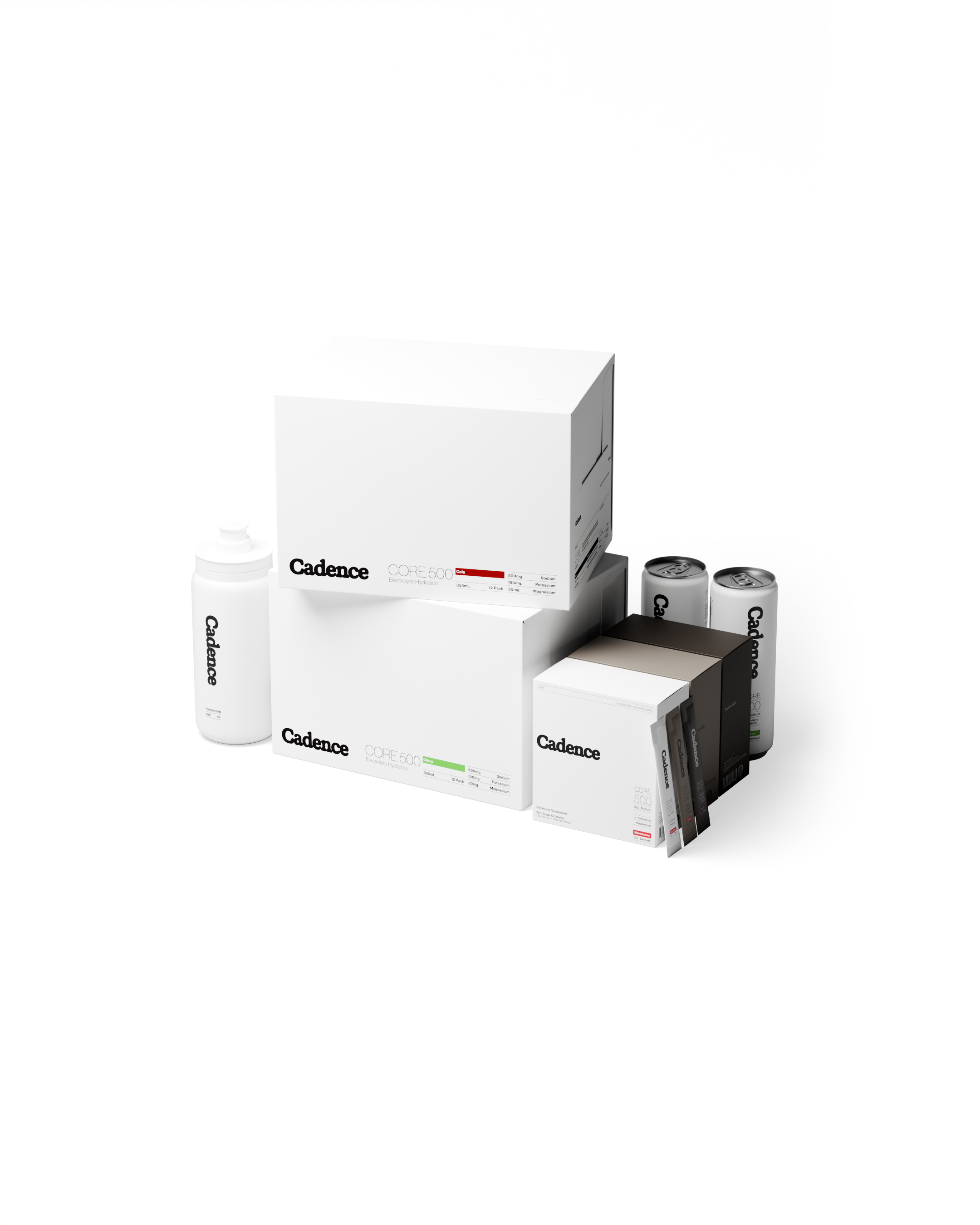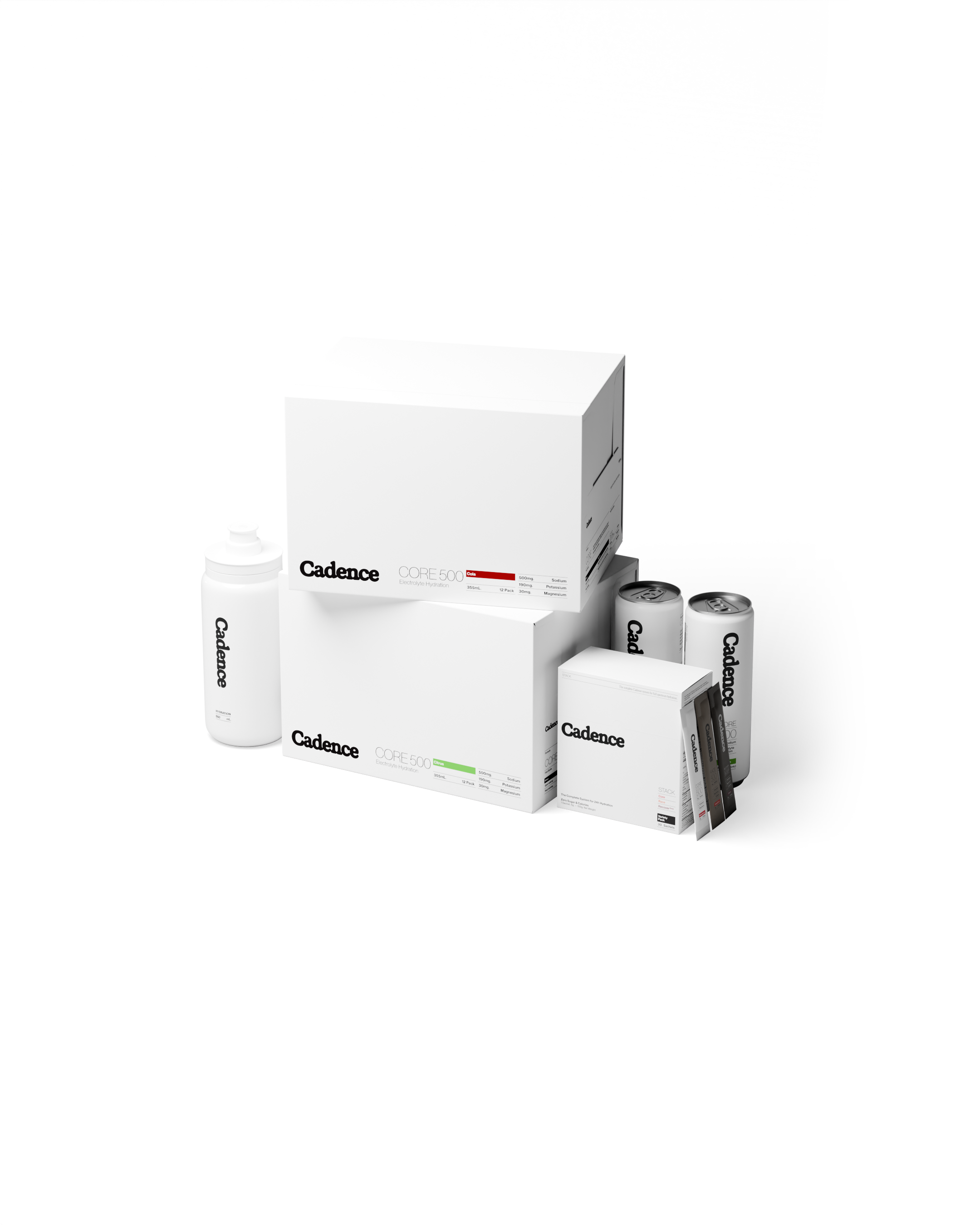Introduction
Electrolytes play a vital role in maintaining the balance and function of our bodies, especially when it comes to muscular recovery. This article will explore the science of electrolytes and how they support the muscle recovery process.
What are Electrolytes?
Electrolytes are minerals with an electric charge, found in your blood, urine, tissues, and other bodily fluids. They are instrumental for many functions in the body, including muscle contractions and the transmission of nerve impulses. The key electrolytes involved in muscular recovery include sodium, potassium and magnesium.
The Muscular Recovery Process
Muscular recovery is a complex process that involves repairing the micro-tears that occur in muscle fibres during exercise. This process is what leads to muscle growth and strength gains. Optimising your muscular recovery not only improves your potential for strength and muscle mass, but also helps to maximise your efforts in following sessions. Hydration is commonly known to play a key role in this recovery process (Judge et al., 2021).
Electrolytes and their role in Muscular Recovery
Sodium: This electrolyte helps regulate fluid balance, ensuring that your muscles stay hydrated. After an intense workout, replenishing sodium can help your body retain water (Coso et al., 2016), which is essential for recovery.
Potassium: Potassium aids in muscle contractions and relaxation, which is vital after exercise to prevent cramps and facilitate recovery. Muscle potassium loss has been cited as a major factor associated with or contributing to muscle fatigue (Lindinger & Sjøgaard, 1991), implying that supplementing with potassium may help reduce further fatigue.
Magnesium: Magnesium is known for helping with muscle relaxation and it may also improve sleep quality, another crucial aspect of the recovery process. Results from studies have shown that magnesium supplementation significantly reduces muscle soreness, session rating of perceived exertion, acute rating of perceived exertion, and improved perceived recovery (Reno et al., 2022).
Optimizing Electrolyte Balance for Recovery
A balanced diet rich in fruits, vegetables, nuts, and seeds can provide most of the electrolytes your body needs. Those engaging in intense or long duration exercise can also supplement with an electrolyte drink to help restore electrolyte balance more quickly.
Conclusion
In conclusion, electrolytes such as sodium, potassium, and magnesium play a role in the muscular recovery process by maintaining fluid balance, supporting muscle contractions and relaxation, and enhancing overall recovery quality, including sleep.
A balanced diet which may be complemented by supplementation can ensure optimal electrolyte levels for those engaged in intense physical activities, thereby maximizing the benefits of each workout session and promoting proper muscular function. Whilst you're here, be sure to check out our Core Hydration Electrolyte Sachets. If you would like to sample our full range of electrolyte sachets, then you can also explore our variety pack of hydration sachets.
Frequently Asked Questions (FAQs)
How do electrolytes support muscle recovery?
Electrolytes help regulate fluid balance, muscle contractions, and nerve signals, all of which play a role in recovery.
Can I get enough electrolytes from my diet?
Yes, a balanced diet rich in fruits, vegetables, and nuts can provide the necessary electrolytes for most people. Those who engage in high intensity exercise or want to support their electrolyte intake can do so with supplementation
How do I know if I'm getting enough electrolytes?
Signs of a positive electrolyte balance include regular muscle function, hydration, and absence of cramps.
How much of each electrolyte do I need for recovery?
The amount varies based on individual needs, exercise intensity, and duration. Consulting with a healthcare provider can offer personalised guidance.
References
Judge LW, Bellar DM, Popp JK, Craig BW, Schoeff MA, Hoover DL, Fox B, Kistler BM, Al-Nawaiseh AM. Hydration to Maximize Performance and Recovery: Knowledge, Attitudes, and Behaviors Among Collegiate Track and Field Throwers. J Hum Kinet. 2021 Jul 28;79:111-122. doi: 10.2478/hukin-2021-0065. PMID: 34400991; PMCID: PMC8336541.
Del Coso J, González-Millán C, Salinero JJ, Abián-Vicén J, Areces F, Lledó M, Lara B, Gallo-Salazar C, Ruiz-Vicente D. Effects of oral salt supplementation on physical performance during a half-ironman: A randomized controlled trial. Scand J Med Sci Sports. 2016 Feb;26(2):156-64. doi: 10.1111/sms.12427. Epub 2015 Feb 14. PMID: 25683094.
Lindinger MI, Sjøgaard G. Potassium regulation during exercise and recovery. Sports Med. 1991 Jun;11(6):382-401. doi: 10.2165/00007256-199111060-00004. PMID: 1656509.
Reno, Alyssum M.1; Green, Matt2; Killen, Lauren G.2; O'Neal, Eric K.2; Pritchett, Kelly3; Hanson, Zella3. Effects of Magnesium Supplementation on Muscle Soreness and Performance. Journal of Strength and Conditioning Research 36(8):p 2198-2203, August 2022. | DOI: 10.1519/JSC.0000000000003827

